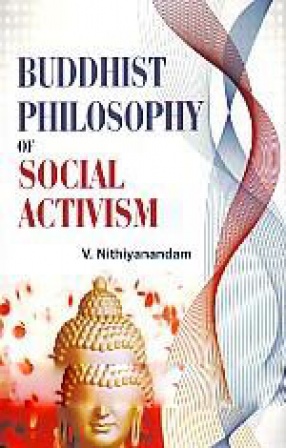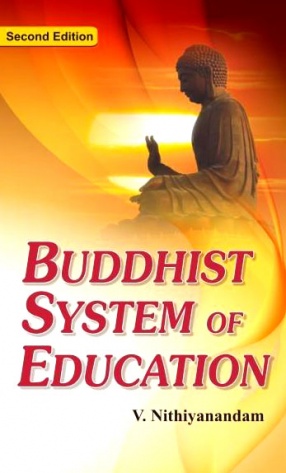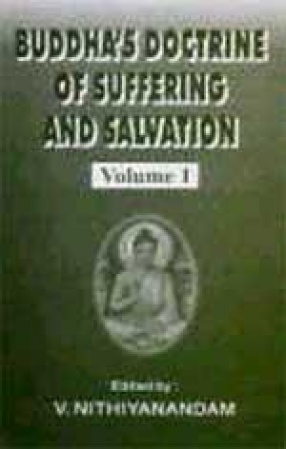
Showing all 6 books





The present edition is examined the theoretical foundations of Buddhist social thought which is the cultivation of a sense of universal compassion (metta) and creative altruism. With the notions of maitri and karuna, man is taught to cultivate that softness of feelings which shudders to commit the least injury to the creatures. Buddha stressed the cultivation of those elevated sentiments which was bound to reduce social exploitation and social tension. The first ...

The second edition of this book incorporates all suggestions made by readers, scholars for better presentation of the Buddhist philosophy of education and its adaptation in modern system of education in India, Tibet, Sri Lanka and other South-east Asian countries. It also shows the recent development of the Buddhist system of education in modernization of western education. There is no doubt that Buddhism made tremendous contributions to the philosophy of ...

This book is a descriptive analysis of the Buddha's doctrine of suffering and salvation edited and compiled in two volumes by V. Nithiyanandam, a well known Buddhist monk and scholar. First volume deals with the causes of suffering and second volume shows the path of salvation. Suffering is one of the four Noble Truths discovered by Lord Buddha and it forms the cornerstone of his philosophy. The cause of suffering form the basic theme of his philosophy, and the ...

The book “Buddhist Philosophy of Social Activism†is an analytical study of the Buddhist philosophy of social activitism which is the cultivation of the sense of universal compassion and creative altruism, Buddha stressed the cultivation of those elevated sentiments which was bound to reduce social exploitation and social tension. First important technique prescribed by Buddha is to install qualitative achievements in place of birth. A second important ...

This book is a critical study of Buddhist philosophy of education and its adaptation in modern system of education in India, Tibet and Sri Lanka. It also shows the recent impact of the Buddhist Philosophy in western education. There is no doubt that Buddhism made tremendous contributions to the Philosophy of education. The notion of education entails many subsidiary notions, such as notions of ignorance and knowledge, and of teacher and student. Here we shall ...

This book is mainly concerned with the moral needs of believers and its main theme of inquiry is the character of human experience, its dangers, and its victory. These themes are, the peculiar products of Buddhist imagination, demanded by the requirements of the moral order to provide for every grade of merit. The early conversions, effected under the immediate influence of Buddha, placed the believer in direct relations with a powerful personality. When the ...
